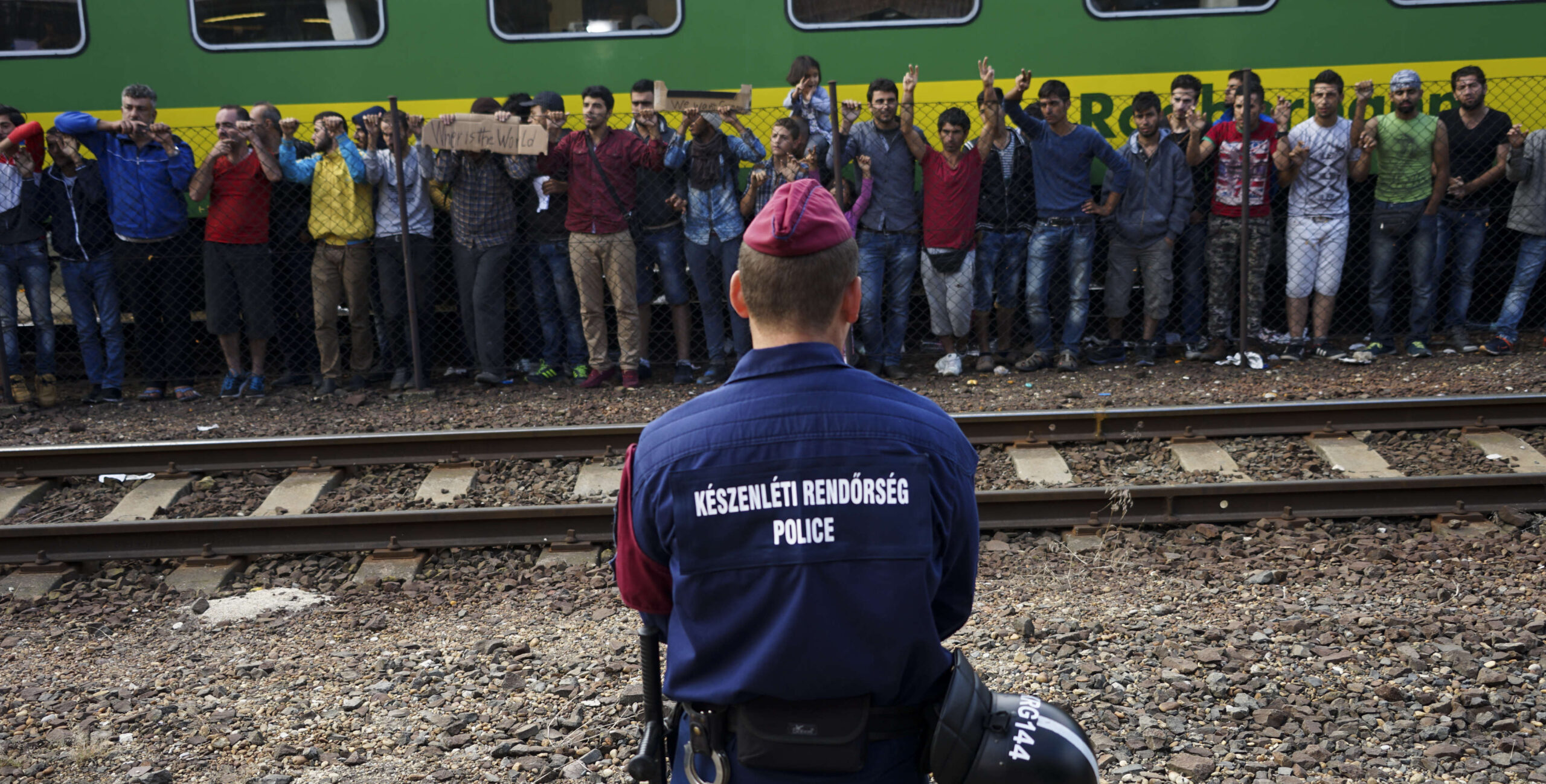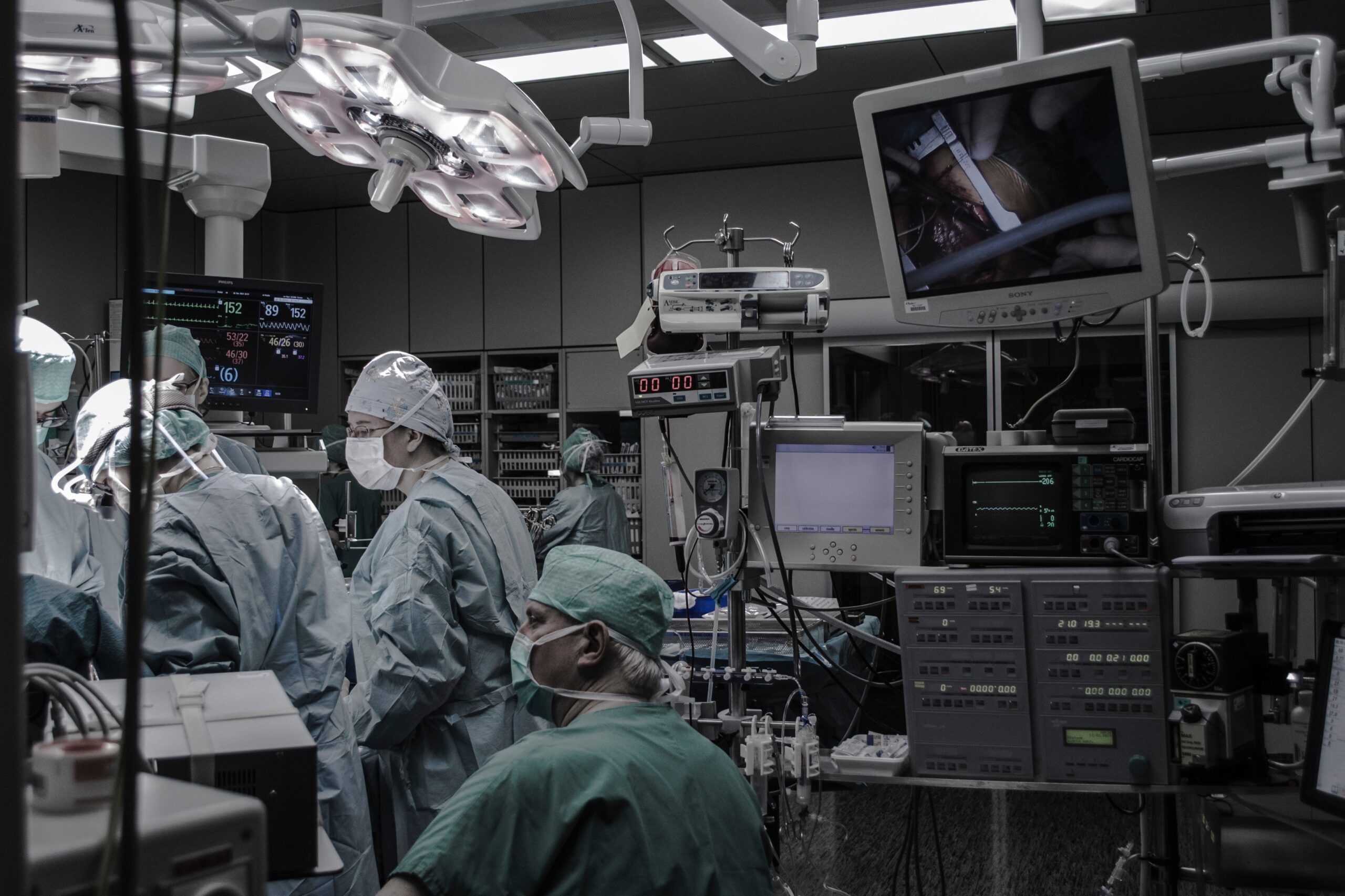The world is facing an unprecedented displacement crisis. Today, more than 65 million people are forcibly uprooted as a result of violent conflicts and natural disasters. The International Organization for Migration (IOM) estimates that between January and the end of May 2016 over 200 000 migrants and refugees entered Europe by sea[1], either escaping conflict in their country or in search of better economic prospects.
The plight of hundreds of thousands of migrants putting their lives in peril to cross the Mediterranean is an immediate priority for the European Commission. No EU country can or should be left alone to face these huge pressures.
The EU’s comprehensive approach
Before turning to health, I would first like to outline a few elements of the comprehensive approach the EU takes to tackle the refugee crisis in Europe.
Firstly, the Commission set out a European Agenda for Migration in May last year, which draws on the various tools and instruments available at EU level and in the Member States. The Agenda has four pillars: 1) Reducing the incentives for irregular migration, 2) Border management – saving lives and securing external borders, 3) A strong common asylum policy, and 4) A new policy on legal migration.
Secondly, considerable financial assistance has been mobilised for the countries under the heaviest burden. For example, in April 2016, the Commission announced an initial €83 million in humanitarian funding for emergency support projects to assist refugees and migrants currently hosted in over 30 sites in Greece. The Commission has also provided a total assistance of €455 million in Turkey, including humanitarian aid and longer-term assistance. Together with its Member States, the EU is a leading donor of humanitarian aid in all major countries of origins of the refugees e.g. Syria, Iraq and Afghanistan.
In June 2016, the Commission adopted an action plan on better integrating non-EU migrants and approved a proposal to reform the Blue Card Directive allowing refugees to apply for a Blue Card. This document is designed to attract highly skilled workers from abroad, address labour and skills shortages and strengthen the EU’s competitiveness and economic growth. It is particularly relevant for EU’s healthcare sector.
Health actions and projects
With regard to my portfolio, I can assure you that the health of refugees and migrants is a major priority. The immediate task is providing support to countries that receive a high number of them.
Refugees and migrants entering Europe are generally healthy and do not bring diseases with them. However, most have travelled in dreadful conditions to arrive at overcrowded ‘hotspots’ in a state of mental and physical exhaustion. It is a desperate situation for these individuals, and an enormous strain for the countries on the frontline, particularly Greece, which is already facing severe economic hardship.
I have seen the challenges first-hand when I visited a refugee centre on the Greek island of Lesbos last November and I can confirm that the task ahead of us is huge, and that solidarity and coordination between Member States is essential. In Lesbos and other « hot spots », help is desperately needed, e.g. by piecing together migrants’ health records and vaccination history and training staff and volunteers.
While in Greece, I presented the « Personal Health Record » and accompanying handbook for health professionals, developed jointly by the Commission, the IOM and the European Centre for Disease Prevention and Control (ECDC) to reconstruct the medical history of incoming refugees and migrants. This Personal Health Record is initially being piloted in Greece and Slovenia, with a view to extend it to Italy and Croatia.
I have also collected funds from the Commission’s Health Programme. In January this year grants totaling €7,2 million were allocated to projects that support EU countries on the frontline to help them respond to the related health challenges. This includes a grant to the IOM to test the Personal Health Record and grants for four projects carried out by Médecins du Monde, regional authorities and academics to produce protocols and clinical guidelines as well as language and communication tools.
The Commission has repeatedly mobilised emergency funding to support the front line Member States’ capacity to host migrants, including healthcare capacity. In addition, Member States’ plans funded under the Asylum, Migration and Integration Funds can help finance healthcare to migrants – along with providing shelter and food.
Funding is also provided for the development of training programmes for healthcare professionals, and complementing existing ones with, for example, new modules on communicable diseases and mental health. These will help healthcare professionals learn about diseases that they are not familiar with and provide information on cultural perspectives and specific needs among the people arriving.
So far, the projects I have mentioned address immediate needs at the « hot spots » of incoming migrants and refugees. However, ensuring integration of migrants and refugees in primary health care systems, and protecting against stigma and health inequalities to prevent the health gap widening in the EU, is our longer-term priority.
The Commission has worked in the area of migrants’ health under the framework of inequalities since 2003. Since then the Commission has funded several projects to protect against stigma and health inequalities. For example, the MEM-TP project develops training packages for health professionals to improve access and quality of health services for migrants and ethnic minorities including the Roma. The Commission is also seeking ways to enshrine migrants’ health issues within its work on health inequalities. Another longer-term goal is to integrate refugees and migrants into society and the workforce. Many refugees want to regain a semblance of normality in their lives and are keen to re-establish a working routine and to put their skills to good use. My services are participating in Blue Card discussions on the integration of third country nationals. This is a potential win-win scenario for the healthcare sector as we are facing critical healthcare workforce shortages in the EU while a number of incoming refugees and migrants have training and experience in healthcare. Therefore, they could contribute to alleviating these shortages.
Finally, the Commission coordinates health activities related to cross-border threats to health in the Health Security Committee (HSC)[2]. Extraordinary influxes of migrants can pose a challenge not easily faced by one Member State on its own. This Committee therefore provides a platform to collect needs and requests from struggling countries for health supplies including vaccines, to discuss possible joint procurements and to reinforce rapid notification and response to communicable diseases via the EU Early Warning and Response System (EWRS).
In the months and years to come, migratory pressure will undoubtedly remain a key challenge for the EU, and will require efforts from all sides. However, we must always keep in mind that most people fleeing to the EU are escaping from regions at war, and I believe that it is our shared obligation to show solidarity to people in need.
The European Commission is committed to bring a full range of EU policies and EU external instruments to tackle this crisis in an efficient, fair and humane way. To this end, we need to cooperate with all actors – EU countries, international organisations, NGOs on the ground, and the refugees themselves to ensure a quick and successful integration.
In my policy area, EU commitment will not wane. I will continue to work with other Commissioners, to coordinate with Member States within the Health Security Committee, and I will continue to mobilise the Health Programme for longer-term actions on migrants’ health and integration.
[1] Source of data: https://www.iom.int/news/mediterranean-migrant-arrivals-2016-204311-deaths-2443
[2] Information on Health security Committee members can be found here: http://ec.europa.eu/health/preparedness_response/risk_management/hsc/members_en.htm






